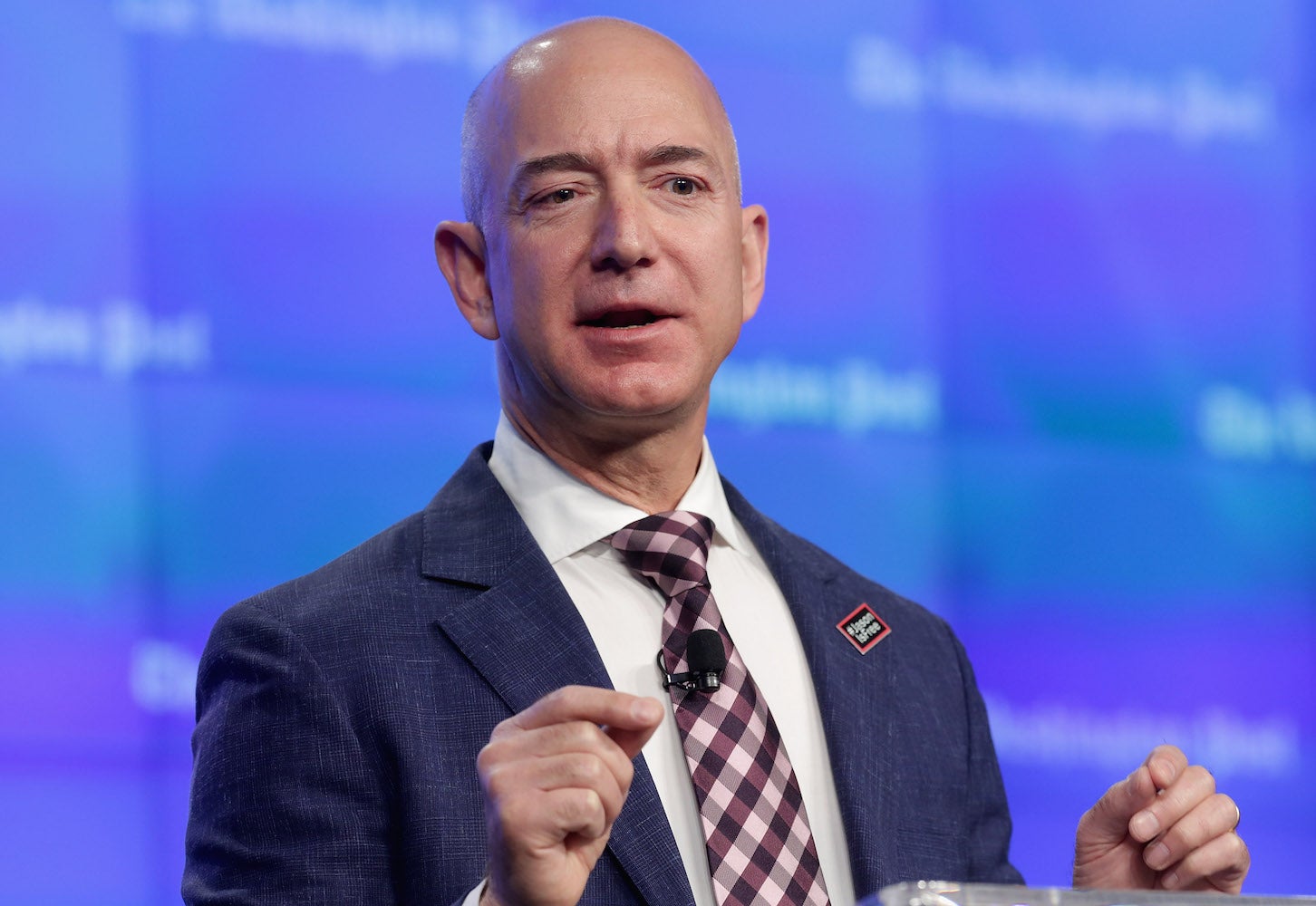Here's why Amazon's new 30-hour workweek is such a great idea

Last Wednesday, Amazon announced it was preparing to launch a pilot program in which a few dozen employees would log only 30 hours each week. In return they would receive 75% of their normal salary and retain full benefits.
Set against a backdrop in which lots of Americans work twice those hours, many could see the policy as a way to encourage slacking off.
But a quick glance at the research on productivity and how people respond to flexible work schedules seems to suggest the opposite. In fact, a 30-hour workweek could be exactly what a burnt-out American workforce needs.
"When you first hear the news, you wonder if Amazon has people's best interest in mind," Joe Rubin, a human-resources expert who cofounded the recruiting site Crowded.com, tells Business Insider. After all, the company is paying people less money to work fewer hours. "But as you dig a little bit deeper, you realize this is actually a good idea. It brings more people into the workforce."
With a 30-hour workweek, Rubin says, new mothers and people with other obligations can maintain a stable work schedule without needing to take a long leave of absence or work inconvenient hours. By offering employees more flexibility, Amazon sends the message that life outside the workplace matters.
The policy also indicates that the world's second-largest retailer is acknowledging the limits of human cognition, whether or not that was the Amazon's intent.
Human attention spans are notoriously poor. Evidence suggests we can concentrate on a given task for only several hours at a time before we start to feel fatigued and let our minds wander. After we've hit our peak, our performance will begin to flatline or even suffer.
"If you're pushing people well beyond that time they can really concentrate maximally, you're very likely to get them to acquire some bad habits," K. Anders Ericsson, one of the top experts on the psychology of work, told Tech Insider in May.
For instance, people may get so used to using time inefficiently toward the end of their day that they let the random YouTube browsing they do when they get tired start creeping earlier and earlier into their day.
People in the Amazon pilot will work only from 10 a.m. to 2 p.m. Monday through Thursday, with some flexibility added in. The decision to test out the policy sends a message to other large corporations that startups aren't the only ones that can focus on maximizing people's well-being, Rubin adds. Big companies can change with the times, too.
"I'm not sure they'll rush to do it," he says, "but if this works out well and Amazon puts out some really good PR that they've implemented this program on a limited basis and it's brought up morale and brought additional talent to the workforce, I certainly see other companies implementing policies like this."
Rubin concedes the pilot might come with some drawbacks. One is that the people working full time might start to resent the part-timers, even though they make only three-quarters of their usual pay.
But the larger issue might be that part-time workers feel compelled to work more than 30 hours, similar to how the standard 40-hour workweek ends up being closer to 47 hours for many employees. In that case, Rubin says, it'll be up to Amazon to enforce the policy that 30 hours means 30 hours.
If the company can implement the policy and stick to it, a shorter workweek might just become a mainstay in corporate America.
Read more:
• This chart is easy to interpret: It says we're screwed
• How Uber became the world's most valuable startup
• These 4 things could trigger the next crisis in Europe
Read the original article on Business Insider UK. © 2016. Follow Business Insider UK on Twitter.
Join our commenting forum
Join thought-provoking conversations, follow other Independent readers and see their replies
Comments
Bookmark popover
Removed from bookmarks